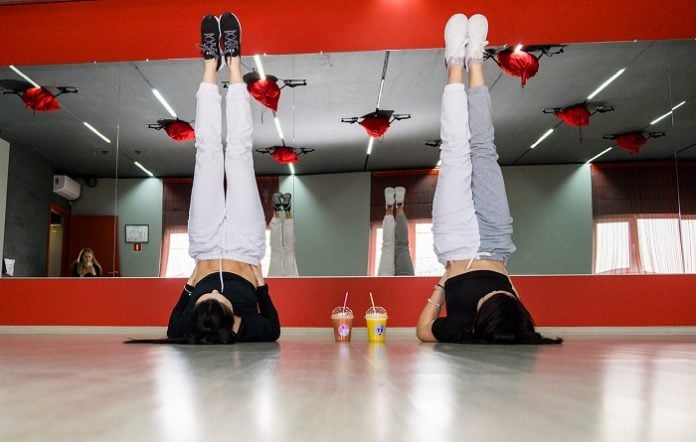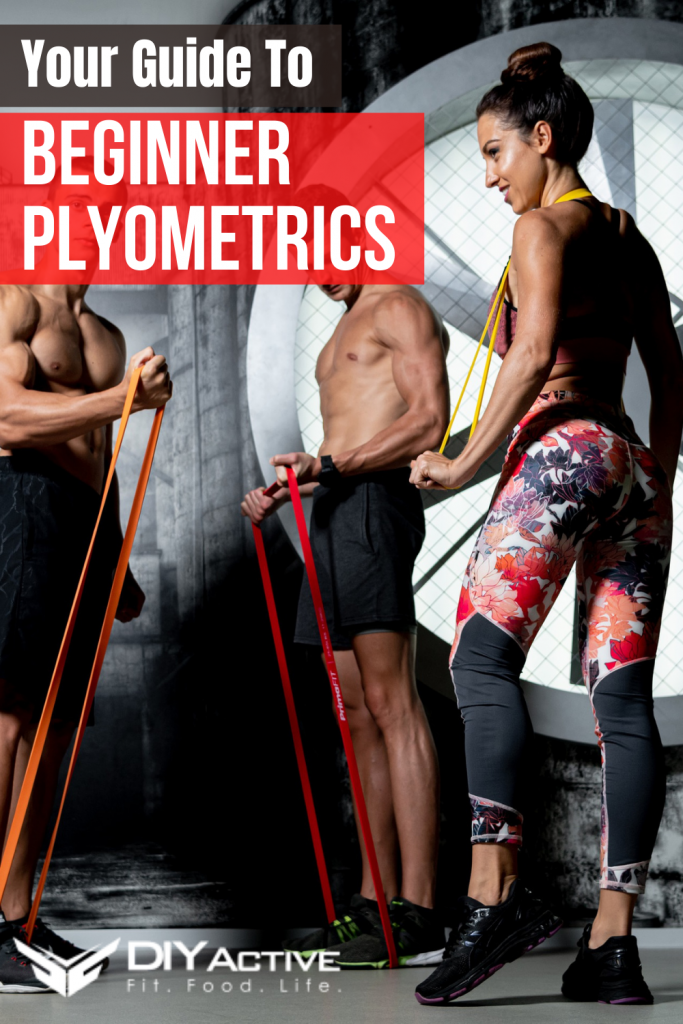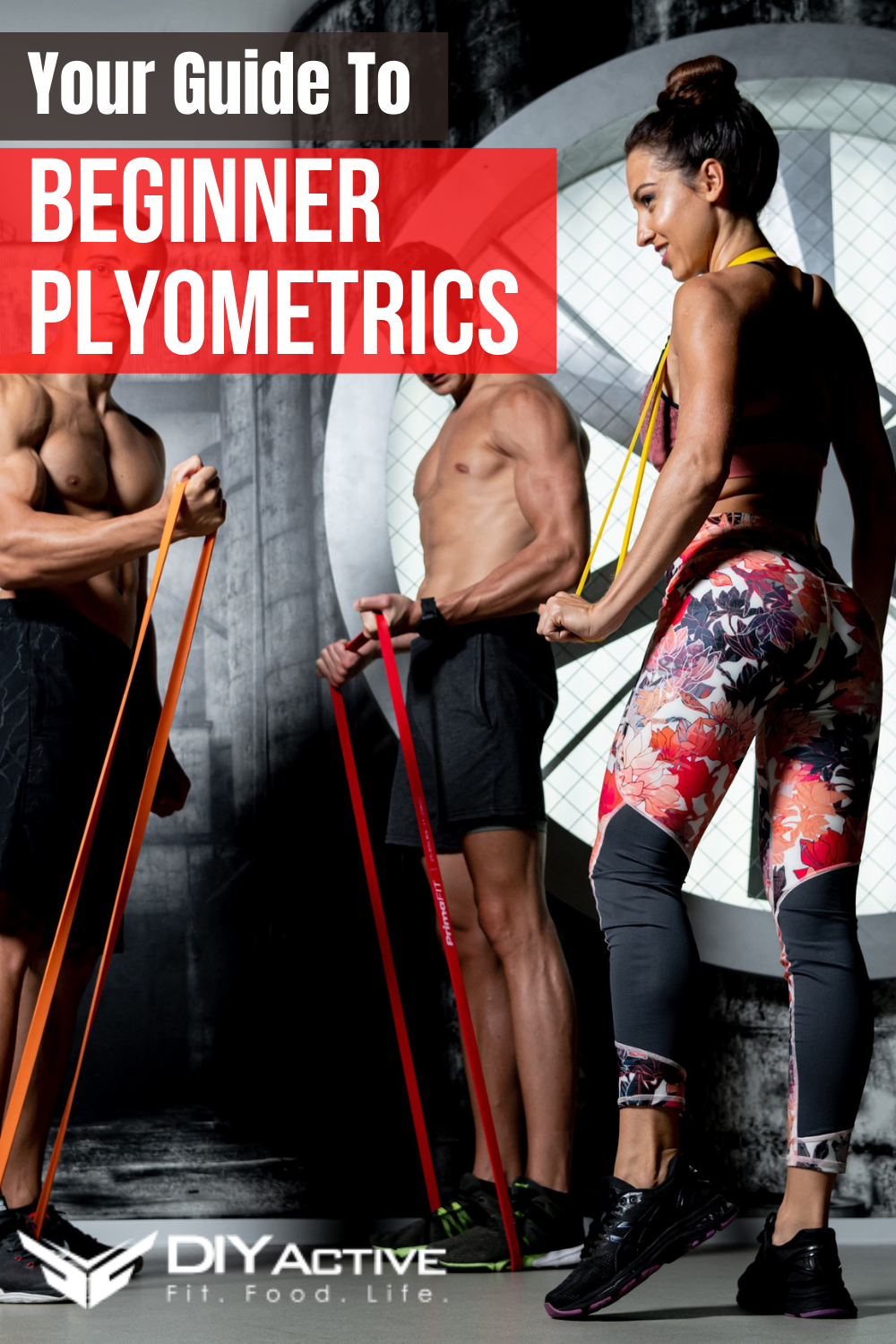
Your Guide To Beginner Plyometrics
I hope you all are staying healthy and sane during these uncertain times. We wanted to take some time today to discuss beginner plyometrics as well as how to effectively implement them into your workout routines.
Beginner Plyometrics: What Are Plyometrics?
Let me start off by explaining what a plyometric is. A plyometric is an explosive movement that requires a quick burst of energy. It’s cardio-based and usually involves some kind of hopping or jumping movement.
Examples of these would be jump squats, burpees (everyone’s favorite, I know), star jumps, and ice skaters.
Why Do Them?
Below is a list of benefits one can gain from doing plyometrics:
- Weight loss
- Improved cardiovascular system
- Elongation of the muscles/fascia
- Improved strength
- Improved stamina and endurance
- Increased flexibility and mobility
- Increased speed and depth of movements
- Faster metabolism
- Improved mind-body connection
For Home Workouts
On top of all the above benefits, plyometrics are a great way to get your cardio in with minimal space and equipment.
They usually at most require a mat for comfort, and can easily be done anywhere.
With this being said, beginner plyometrics are a great option for home workouts!
Word To The Wise
However, these types of movements aren’t for everyone. If you have knee or joint pain, sprains, or other types of concerns relating to these parts of the body, I highly recommend getting cleared by a medical professional to implement plyos into your fitness routine. Jumping and hopping aren’t right for everyone, and can sometimes exasperate pre-existing conditions.
Furthermore, if you have any kind of lung, heart, or cardiovascular concern such as asthma, please consult a medical professional before attempting these types of movements as well.
All exercises aren’t right for everyone, and some should be avoided altogether. So much about health/wellness is knowing what’s healthy for one to brave and what isn’t.
Proper Landing Mechanics
 If you decide plyos are right for you, it’s so important to practice proper landing mechanics. This is a fancy way of saying that it’s important to land properly after jumping or hopping or gaining any kind of air off the ground.
If you decide plyos are right for you, it’s so important to practice proper landing mechanics. This is a fancy way of saying that it’s important to land properly after jumping or hopping or gaining any kind of air off the ground.
You want to land much like a cat-toe, heel. This will help protect the knees and joints. Things such as shin splints can occur if proper landing mechanics aren’t adhered to.
With this being said, it’s important to land as light as possible for similar reasons. I always tell my fitness classes to try their best not to make any noise when landing. Some noise is okay, but do try to land as lightly as possible.
If you find that you’re continually feeling a shock on the legs/body when landing, you are definitely landing too hard and heavy.
Great For Hybrid Workouts
On another note, plyos are great to mix in with strength exercises. The body needs many different kinds of workouts and exercises, so there’s no harm in creating a hybrid workout for yourself of resistance and cardio movements (as long as all exercises are safe and healthy for you to perform).
For example, on leg day I’ll often do a triset of squat to press, jump squats, and straight leg deadlifts.
This not only gives my body varied movements, and caters to many different aspects of health/wellness, but also avoids my mind going into autopilot since each exercise is so different from the last. In short, it keeps the workout fun and engaging.
Talk Test
With any type of cardio movement, you should be able to talk afterward. If you find that you’re repetitively out of breath/unable to function after, I highly recommend modifying the intensity and/or the movement.
If you need to bring the breath back into equilibrium, simply place your hands behind your head, elbows wide, and slowly walk around the room. This should slow your breathing, lower your body temperature, and make you feel less exhausted.
Again, if this is repetitively happening, I highly suggest modifying some aspects of your workout.
Lastly, please always have water on standby. Hydration is so important regarding any type of exercise and for just being a healthy, happy human.
Examples
Now that I have given you some basic info on beginner plyometrics, I would like to share three of my favorites with you.
Star Jump
- Stand tall with your arms by your sides. Toes facing forward with feet about 1-2 inches apart
- Bend as if you are going down into a squat. Clasp the hands
- Explode into a jump with arms up on a diagonal and legs out on a diagonal (much like a star)
- Then return to the original, starting position
Burpees
- Stand tall, toes facing forward, feet hip-width distance apart, arms by your sides
- Squat down to the height of a chair, knees tracking over the toes, weight on the heels, neutral spine, shoulders away from the ears
- Jump up, then land back into your squat
- Hands then come down to the mat, feet jump or move into a high plank, then jump or move back to their original mark
- Next, stand in your original starting position and repeat for the desired rep range
- For the more advanced folks, feel free to add a pushup (on the knees or toes), before getting out of high plank
Ice Skaters
- Stand tall, arms by the sides, feet 1-2 inches apart, toes facing forward
- Bring one leg behind almost as if doing a curtsy either by stepping or hopping. Touch down with the same side arm as the leg that’s behind you
- Switch sides either by stepping or hopping. The hop/step should move in a lateral direction
- When finished with the desired rep range, return to the original, starting position
Wrap-Up
Thank you for taking the time to read my article about beginner plyometrics. I hope this has given you some insight into the benefits of plyos.
Please do not hesitate to reach out if you have any questions or comments here.
Have a beautiful week! As always, thanks for reading, and stay tuned!
- Split Workout Routines: What Are They and Why Do Them? - January 14, 2024
- Practical Tips for Sticking To Your New Year’s Fitness Goals - January 10, 2023
- At Home Ab Workout: Why Work Out the Core? - March 3, 2022



